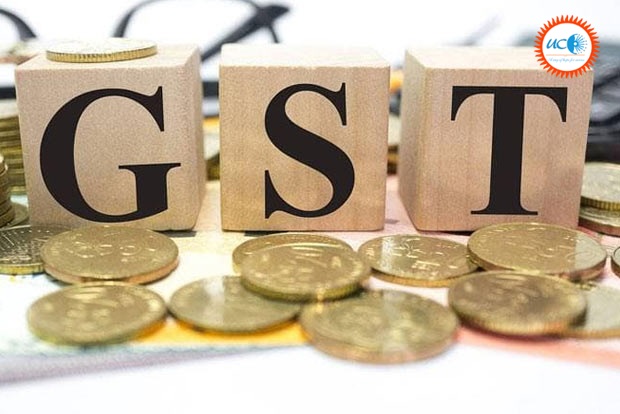Keeping petroleum and petroleum products out of Goods and Services Tax (GST) regime vitiates the philosophy of ‘one nation, one tax’. Why has petroleum and petroleum products been kept outside the GST regime? In your opinion, should these products be brought under GST?
Approach:
- Introduce the answer by quickly outlining the GST regime’s goals.
- Explain in depth the justifications for the GST exclusion of petroleum and petroleum products in the body of your response.
- Highlight the significance of bringing petroleum under the GST regime in the next section of the body.
- In your conclusion, emphasise the significance of using a consensus-based strategy to include petroleum in the GST.
The GST is an all-encompassing, destination-based, value-added indirect tax that intends to establish a framework for one nation, one tax, while also simplifying compliance and increasing revenue. Because petroleum is not included in the GST regime, the GST’s goals are harmed for the following reasons:
- The highest GST rate is 28%, although the present total tax on petroleum goods (including VAT and excise charge) is greater than 100%. Therefore, adding petroleum goods to the GST will actually result in less money coming in both the state and the federal government. Their capacity to spend on necessities like defence spending, social sector spending, and development subsidies would be impacted by this.
- The VAT on petroleum items accounts for up to 33% of the total revenue in certain States. They now have a great deal of autonomy and independence in deciding how to spend their money.
- States need a lot of money to pay for health care services, help struggling families, and promote industry. States worry that adding petroleum items to the GST may make it more difficult for them to pay for these expenses.
- States can alter their tax rates in response to changes in their needs and collection practically immediately. This makes it possible for them to deal with any unplanned expenses.
- Deficits in trust have been caused by issues such as the center’s tardiness in paying states their GST compensation, requests for extensions of the GST compensation period, etc.
- There is a growing tendency for the centre to rely on taxes and fees that are not included in a divvy-up pool, depriving states of a share of the money earned from the general populace of their States.
Despite the aforementioned elements, it is necessary to include petroleum and petroleum products in the GST because:
- Having different tax rates for petroleum goods breaches the fundamental tenet of the GST tax system.
- The initial justification for exempting petroleum goods from the GST regime was that the money they generated would offer stability throughout the transition period. Petroleum should be included in the GST now that GST revenues have stabilised.
- High fuel prices will ultimately benefit citizens because they pay the price both directly (LPG, gasoline for cars, increased cab fares, etc.) and indirectly (inflation).
- Petroleum items falling under the GST will aid in the elimination of the cascading effect of taxation on companies that use petroleum products as inputs, control inflation, and cut logistics costs.
- The inclusion of petroleum under the GST will also aid in depoliticizing the issue of disparate petroleum prices in states with various political regimes, so reducing a source of intra-federal conflict.
- Including petroleum in the GST will advance the one nation, one tax agenda, reduce inflationary pressure, and boost economic growth. To achieve pooling sovereignty in taxation, the same should be accomplished cooperatively while taking into account the worries of all parties.
It was recently determined by the Supreme Court (May 2022) that the Union and the States are not required to abide by the GST Council’s recommendations. The GST council is a powerful organisation, according to the Supreme Court. The court reaffirmed that the States and the Federal government both have concurrent legislative authority over the Goods and Services Tax.






